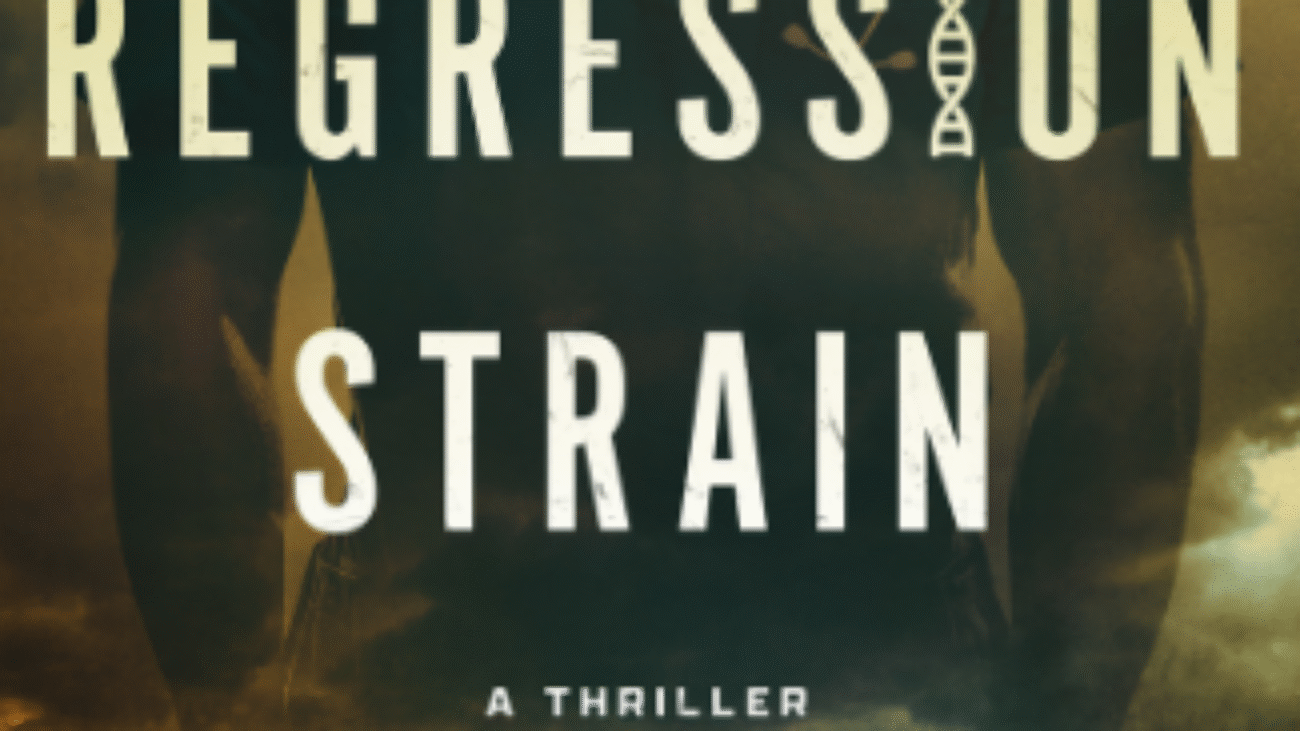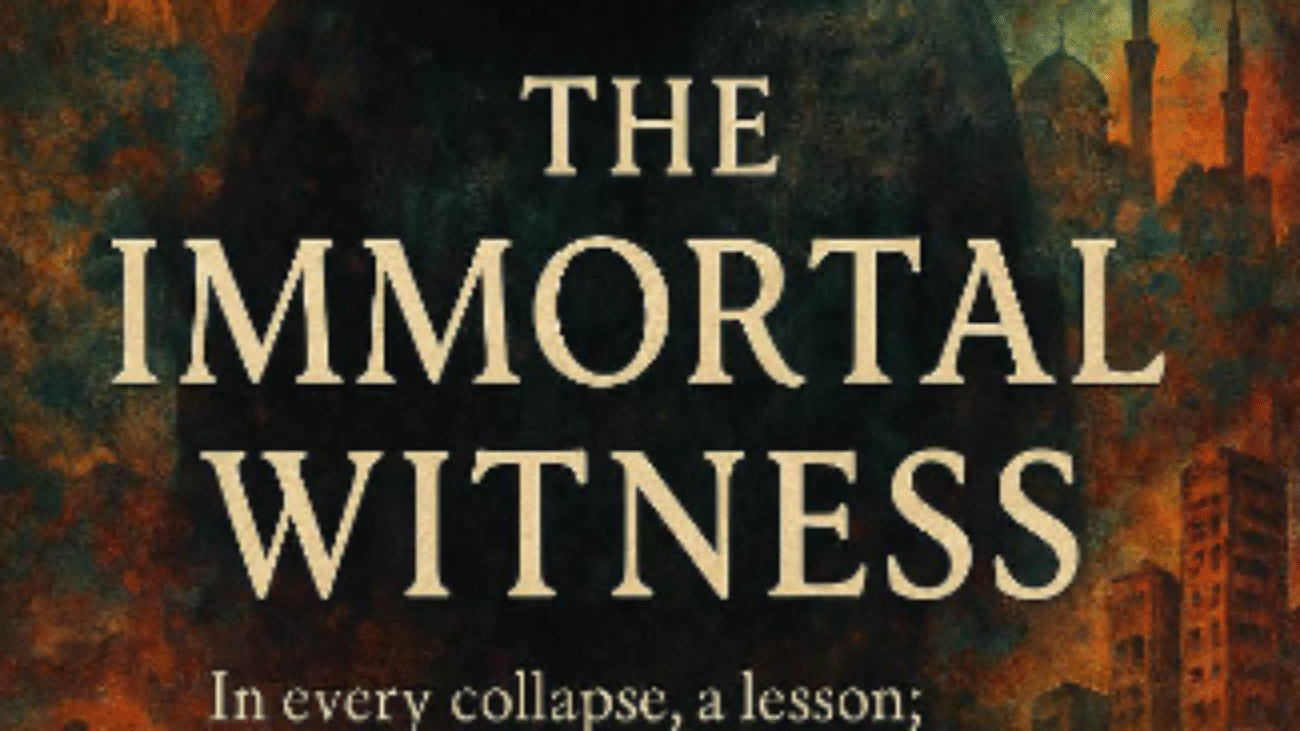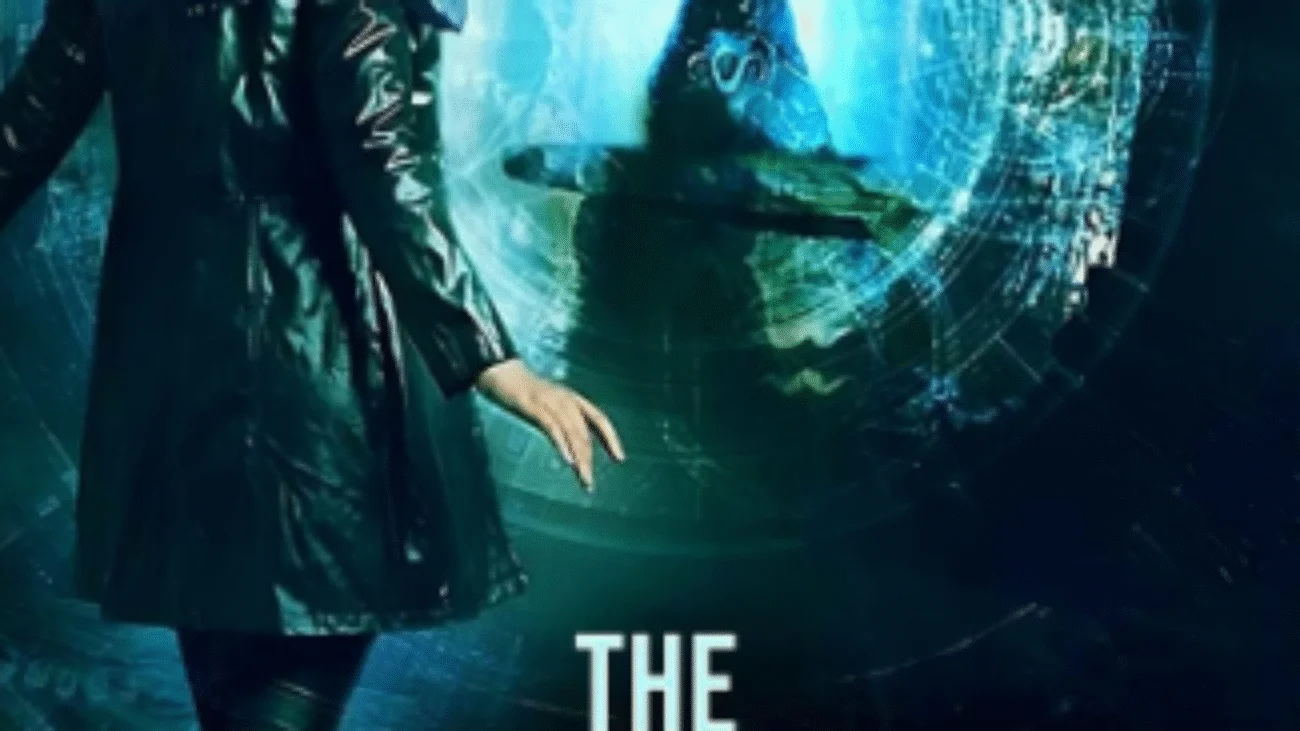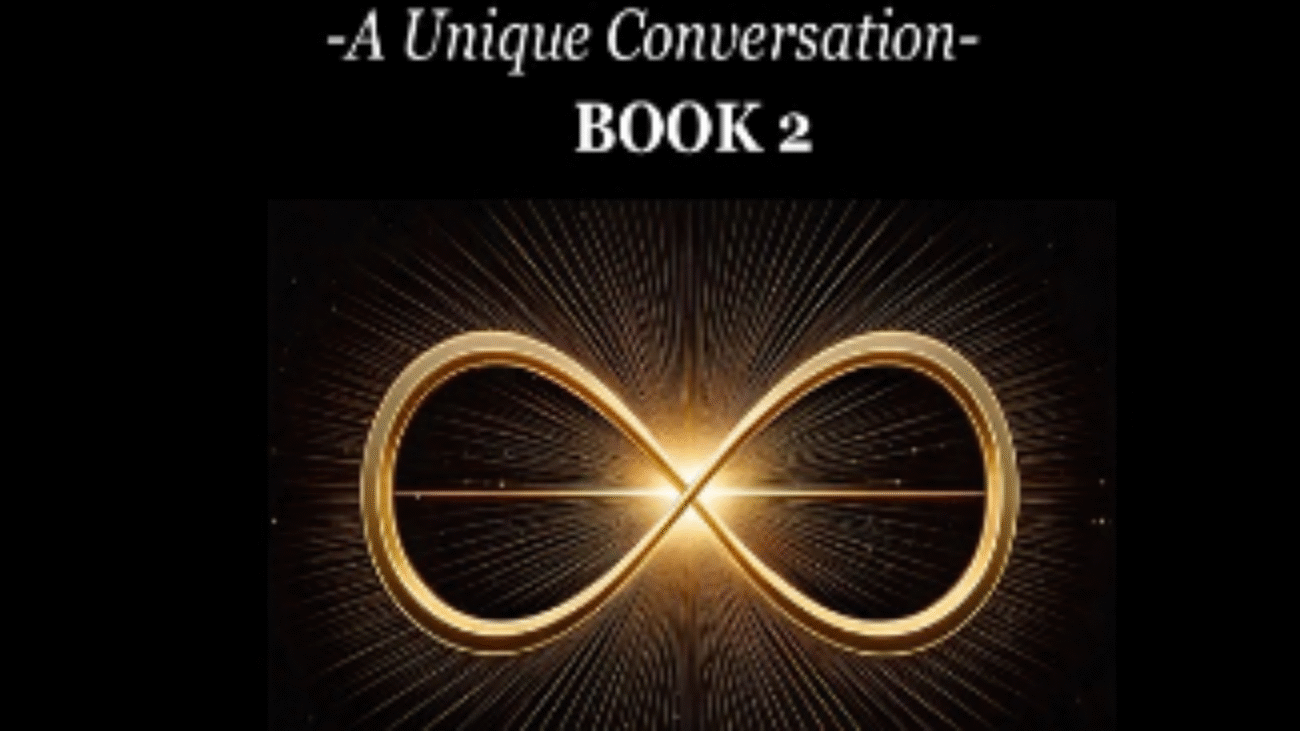Reviewed by Timea Barabas
The Regression Strain grips you from page one and doesn’t let go. Kevin Hwang delivers a fascinating medical thriller set aboard the luxury cruise ship Paradise. Dr. Peter Palma signs on as the ship’s physician, expecting smooth sailing. Instead, he finds himself facing a terrifying unknown that drives human behavior into dangerous regression. Purchase Here.
Peter steps away from his quiet family practice to join the medical staff aboard a cruise ship, hoping the change of pace will lead to some much-needed self-discovery and escape. It feels good to be somewhere he’s needed, somewhere he can truly make a difference. But his fresh start hits rough waters quickly.
Dr. Elizabeth Hartley, the ship’s stern chief physician, greets him with cold hostility, and even Luisa, one of the nurses, keeps her distance. Only Nurse Mandy brings warmth to the clinic, her presence a welcome contrast in an otherwise frosty atmosphere.
In an attempt to distance himself from his family after a devastating loss, Peter sets out on this unexpected journey only to discover he’s not as alone as he thought. Unknowingly, he finds himself sharing the voyage with a loved one, offering a rare chance to mend a strained relationship before it’s too late.
As chaos erupts aboard the ship, a loved one’s presence adds another layer of complexity. Still, Peter is unexpectedly grateful, for in the heart of the medical storm, this unlikely ally helps him connect the dots and face what lies ahead.
What initially appear to be isolated incidents of extreme and reckless behavior soon form the outline of a pattern. It falls to Peter to connect the dots and decipher the medical mystery behind a rapidly escalating outbreak of aggression. New to the job and still struggling to establish his authority, Peter faces mounting challenges as the invisible threat begins to compromise the ship’s staff and crew including the captain.
In an environment clouded by uncertainty, he must make critical decisions to contain the crisis and minimize casualties. But as suspicion grows that he himself may be affected by the unknown agent, Peter finds himself racing against both time and his own unraveling sanity to protect the people of Paradise before they reach their final port, New York.
Kevin Hwang delivers a compelling medical thriller set aboard the Paradise cruise ship, where every turn brings a new twist. The Regression Strain is the perfect choice for readers seeking a compelling summer read or a captivating escape from the everyday.









